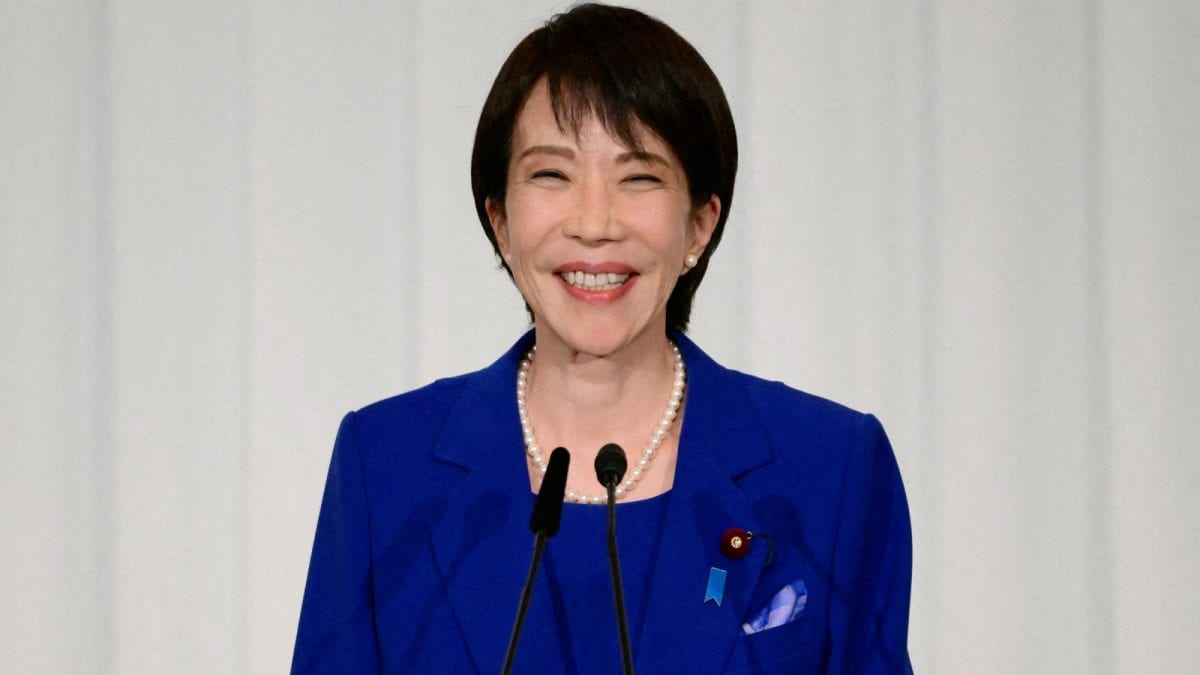Last Updated:
An Indian researcher in California, is at the center of a lawsuit challenging Donald Trump’s 100000 H-1B visa fee, citing harm to research and innovation in the United States.

White House asks nine top US universities to adopt Trump’s priorities for federal benefits. (AFP photo)
In a groundbreaking legal challenge to US President Donald Trump’s sweeping hike in H-1B visa fees, an Indian researcher, identified in court as “Phoenix Doe,” is being cited as a real-world example of the policy’s human cost.
Trump’s new H-1B visa policy has come under legal challenge in a federal court in San Francisco. A coalition of unions, employers, and religious organisations has filed a lawsuit seeking to block his order that mandates a one-time fee of $100,000 on H-1B visa applications.
Recommended Stories
Challenging the decision, the lawsuit argued that the fee increase is unlawful and represents an unprecedented alteration to the H-1B program.
The petitioners maintain that the president “has no authority” to impose fees or taxes to raise revenue unilaterally, nor can he dictate how those funds are spent. As the lawsuit notes, “Defendant Donald J. Trump is the President of the United States and is sued in his official capacity.”
The suit cites the example of “Plaintiff Phoenix Doe” to make its point. Doe is described as an Indian citizen residing in Northern California. She is a postdoctoral researcher whose cap-exempt H-1B petition has been halted due to the $100,000 fee.
“Her research focuses on identifying the genetic and epigenetic causes of vision loss due to ageing, diseases such as diabetes, and rare inherited genetic abnormalities of unknown aetiology, to find new ways to diagnose and treat blinding conditions,” the lawsuit states.
The lawsuit states that the university depends on Doe as its inaugural postdoctoral scholar to develop and expand its research program, as well as to secure future funding, with her work projected to continue for at least the next two years.
The suit adds, “As a result of the Proclamation, her university has indefinitely paused moving forward with the processing of her application.”
“She is suffering debilitating stress and anxiety due to the uncertainty of her position, which exacerbates the PTSD from which she suffers. Without relief, Plaintiff Phoenix will be forced to leave her postdoctoral position in the United States within four months, causing serious professional and personal harm.”
The lawsuit also emphasises that the H-1B visa fee increase has interrupted her career and put critical research, intended to benefit the health and welfare of US citizens, on hold.
It states: “Her departure will set back the crucial research she is conducting, disrupting the lab’s ongoing work and ability to secure future research funding, preventing her department from getting any future funding through her, and potentially delaying the availability of treatment for the conditions that are the focus of her research.”
The United Auto Workers union, the American Association of University Professors, the Justice Action Centre, and the Democracy Forward Foundation are pursuing the case on behalf of the Global Nurse Force and several religious organisations.
The lawsuit further condemns federal agencies, including the Department of Homeland Security’s USCIS and the State Department, for enforcing the order without following proper rulemaking procedures or evaluating its potential consequences.
The groups warn that “extorting exorbitant fees will stifle innovation.” The H-1B visa program allows US employers to hire foreign workers in speciality fields, particularly in technology. Under normal circumstances, employers sponsoring H-1B visas paid fees ranging from $2,000 to $5,000.
Under the Trump administration’s order, new H-1B visa holders are prohibited from entering the United States unless their sponsoring employer pays the $100,000 fee.
United States of America (USA)
October 04, 2025, 16:14 IST
Loading comments…
Read More



